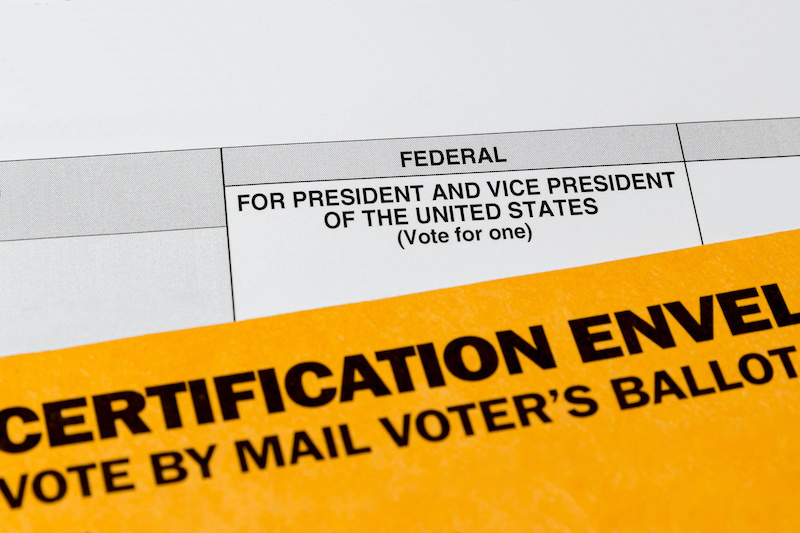Tomorrow is Election Day in the U.S. As with most even-year November elections, there are many federal, state, and local races on the ballot, featuring hundreds of candidates even in a smaller municipality. Of course, most of the attention has been focused on the presidential election, which is also typical. This one is different, though. The choice between the two major-party candidates couldn’t be more stark. It’s been described as the most important election in our lifetime, regardless of how young or old you are. The future direction of the nation is at stake.
Polling seems to indicate that Joe Biden should be the winner when all of the votes are counted. Donald Trump has left numerous hints and outright statements that he will consider that any result that doesn’t end with him being re-elected is fraudulent and that he may not leave office peacefully in January as would ordinarily be expected.
Probably the best result to hope for by late Tuesday evening is that Biden appears to have sizable leads in one or more key states, particularly Florida, Pennsylvania, and some other midwestern states, including Michigan. There’s a hesitation to lean heavily into the polling that shows significant leads for Biden, though, as the media remembers how Trump’s win in 2016 was unexpected based on the polls in that race.
There’s an interesting bit of history about a “tsunami-type” election, not from U.S. history but from Canada’s: In 1993, Canada held a federal election for Parliament. In their parliamentary system, if the party in power feels they can gain seats (and therefore strengthen their hold on the government), they can call an early election. The Progressive Conservative party had control of Parliament but was very unpopular by the early 1990s, so they held off calling an election until they were required to at the end of the five-year limit mandated by the Canadian constitution.
While nearly everyone expected the PC to lose control of Parliament to the Liberal Party, what happened on election night was unprecedented. When the dust settled, the Progressive Conservatives had lost all but two of their 156 seats, moving them from control of the government to a distant – and humiliating – fifth place. Equally amazing was that the Bloc Québécois, a party devoted to the secession of Québec as an independent nation, finished second to the Liberals and became the Official Opposition.
Prime Minister Kim Campbell also lost her seat. Watch, though, at least the first few minutes of her concession speech in the CBC archives video above – how mature and classy, not just Campbell herself but also her supporters in the room. One might hope – but not necessarily expect – a similar concession from the loser of tomorrow’s election, whoever that is.
It was the most lopsided loss by a governing party in a national election in Canadian history, and one of the worst ever in the Americas and Europe. The PC picked up 18 seats in 1997 but was never a factor in Canadian politics after the disastrous 1993 election. (They merged with the western Canada-based Alliance Party in 2003 to become the current Conservative Party of Canada.)
An overwhelming objection of Trumpism – its nationalism, xenophobia, and racism – is possible tomorrow, maybe even on the same scale as the 1993 election in Canada.
If you’ve already voted, thank you. If not, please take the time to vote tomorrow, no matter who you’re voting for. It’s never mattered more.
